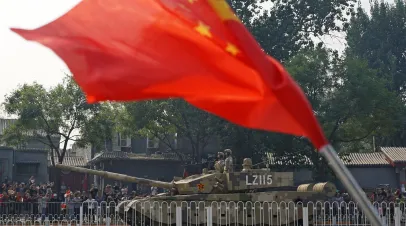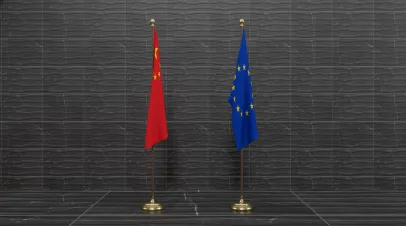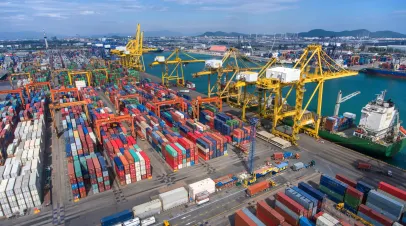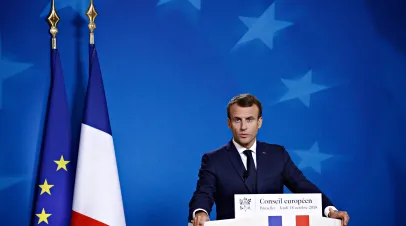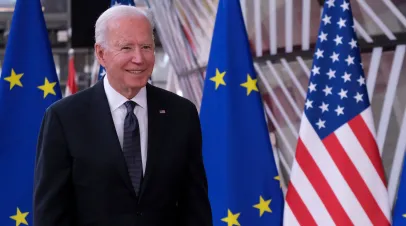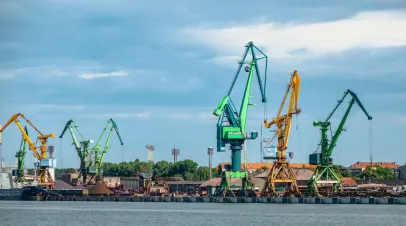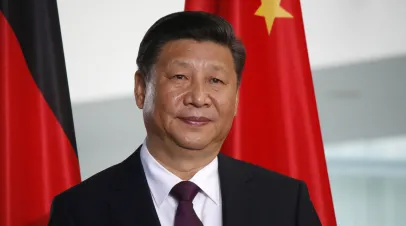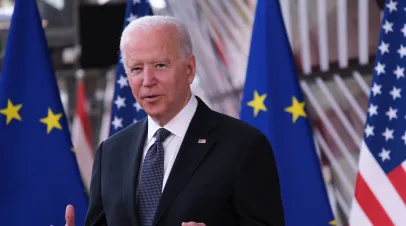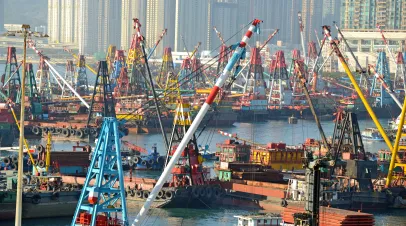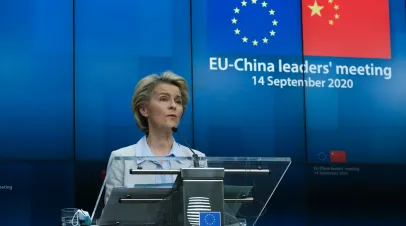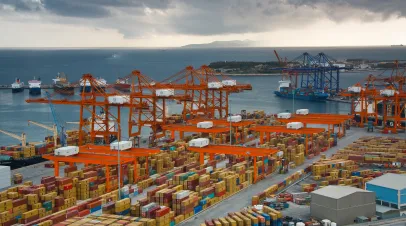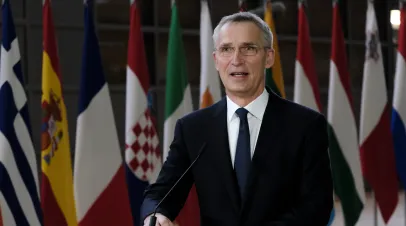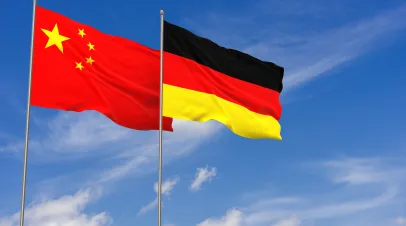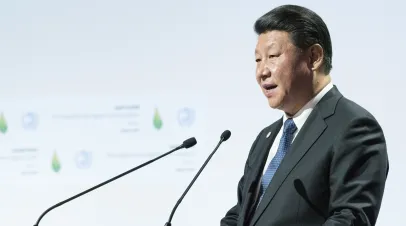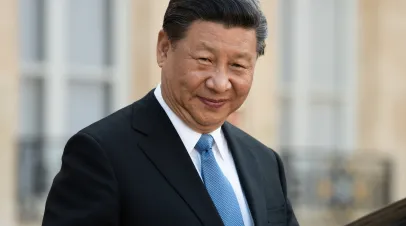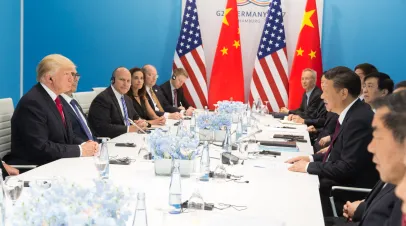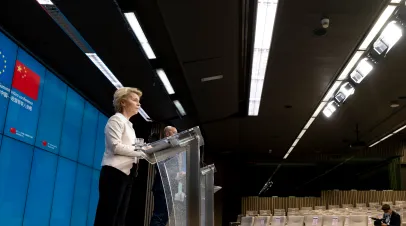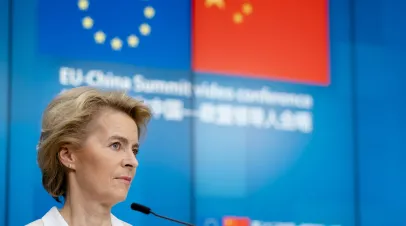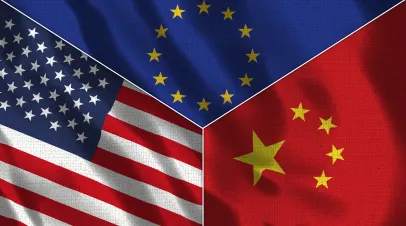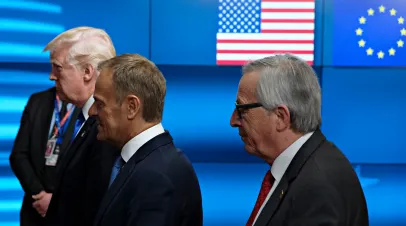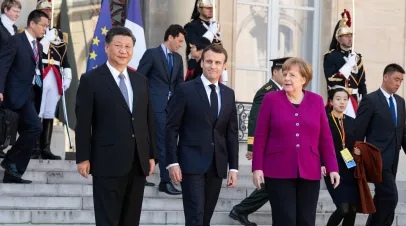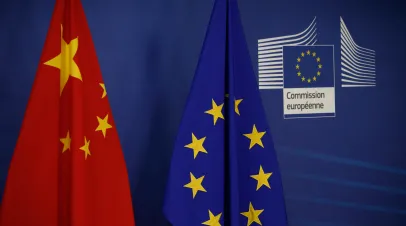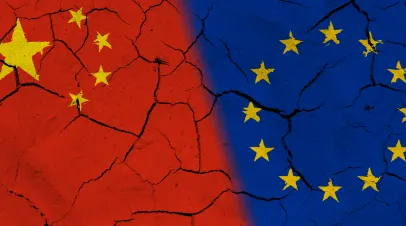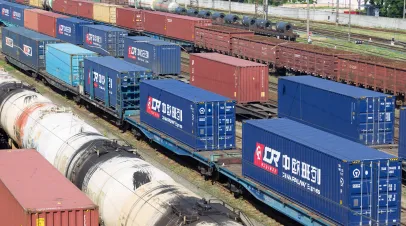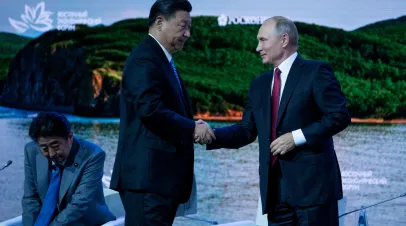Transatlantic Cooperation on China
GMF Asia’s work analyzes evolving transatlantic approaches to China and strengthens transatlantic cooperation.Close coordination and cooperation between the United States and Europe is essential to protect shared interests and to develop effective responses to the array of challenges posed by China. The United States and European countries have common concerns and fundamentally similar approaches to addressing Beijing’s challenges to the rules-based international order, as well as its unfair trade practices and abrogation of human rights. However, agreeing on common policy responses remains challenging in other areas, such as technology competition, and it will be essential for the allies to work together with a sense of purpose and determination to develop agreed-upon solutions. To shape the international environment in which China is increasingly exercising its influence, the United States and Europe will need to leverage their combined strength. The allies will also need to coordinate closely on issues of potential cooperation with China, including climate change and non-proliferation.
GMF Asia’s work seeks to analyze evolving transatlantic approaches to China and propose ways of strengthening cooperation and coordination.
Closing the Gap: US-European Cooperation on China and the Indo-Pacific
The Biden administration took office with the intention of making partnership with Europe a central element of its China strategy. A new GMF policy paper by Andrew Small, Bonnie Glaser, and Garima Mohan assesses what has been achieved in the first year of these efforts and what to expect in 2022.
Related Publications
